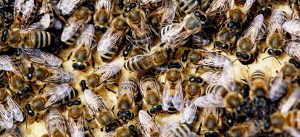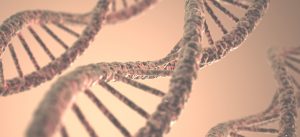Why do you eat? Is it because you are hungry, but what really makes you feel hungry? Ghrelin is often called the ‘hunger hormone’ causing the release of growth hormone (Growth Hormone Release Inducing). it stimulates appetite, increases food intake and promotes fat storage.
Ghrelin (sometimes called lenomorelin) is a hormone produced in the gut that travels through your bloodstream to your brain. There, it tells the area of the brain crucial to the control of appetite called the hypothalamus to stimulates you to feel hungry and seek out food.
Ghrelin Rumbling Stomach
If you measure ghrelin levels in the blood, they are high just before a meal and then drop steeply after eating. That rumbling sensation is thanks to the hunger hormone.
However, other parts of the brain can block the effects of ghrelin. For example, you have probably noticed that when you are busy, you don’t even think about being hungry.
Different nutrients slow down ghrelin release to varying degrees; carbohydrates and proteins restrict the production and release of ghrelin to a greater extent than fats.
Additional Reading:
You & Your Hormones – What is ghrelin?
Research:
Ghrelin: much more than a hunger hormone
Ghrelin: a hormone regulating food intake and energy homeostasis.
Leptin
Leptin, a hormone released from the fat cells located in adipose tissues, sends signals to the hypothalamus in the brain that you are full.
The primary design of leptin is to help the body maintain its weight so directly connected to body fat and obesity.



